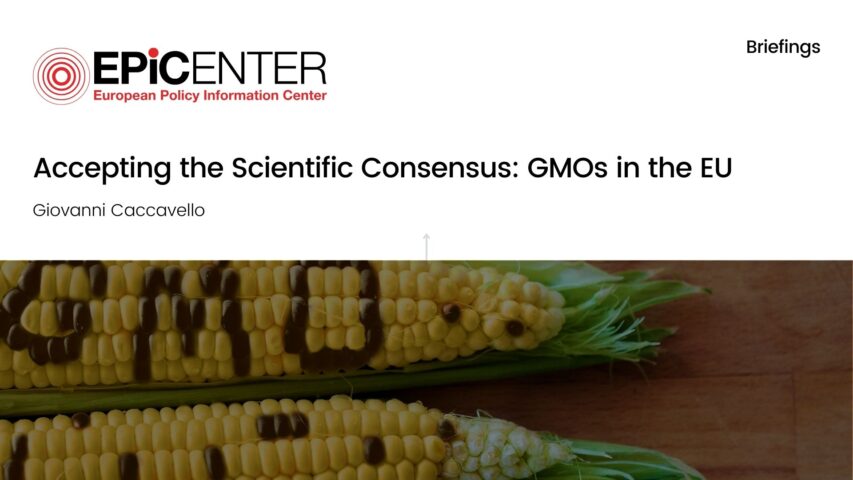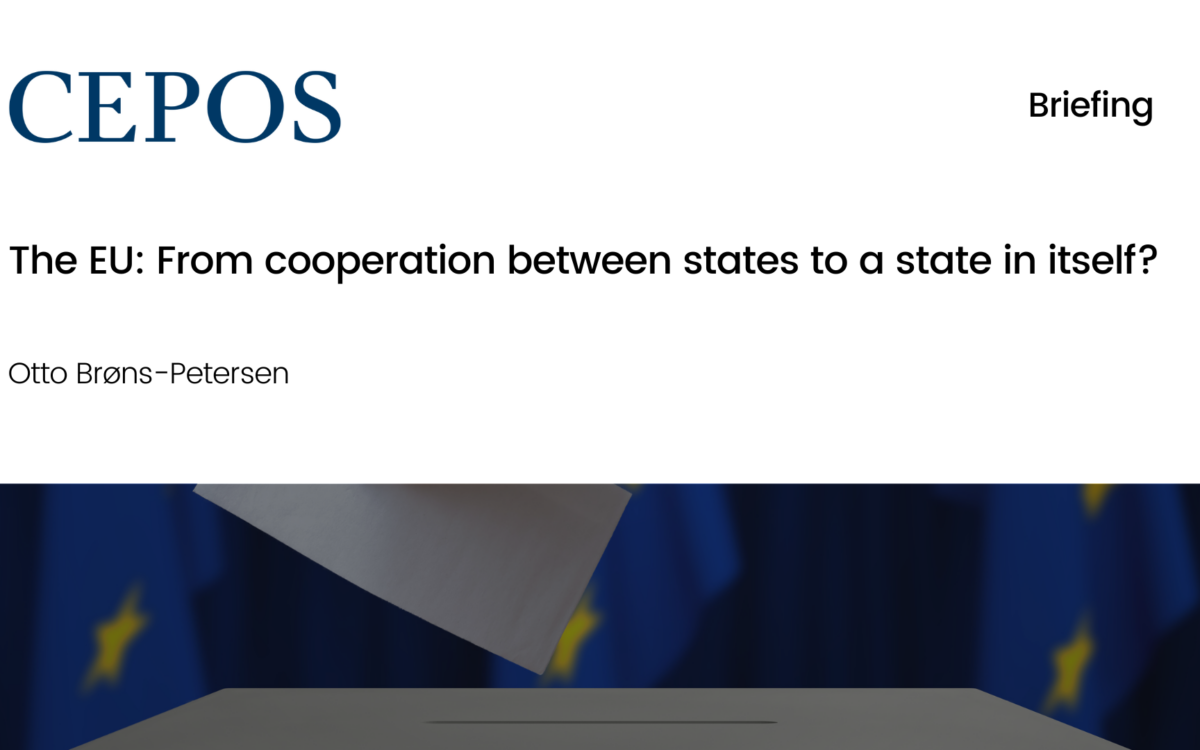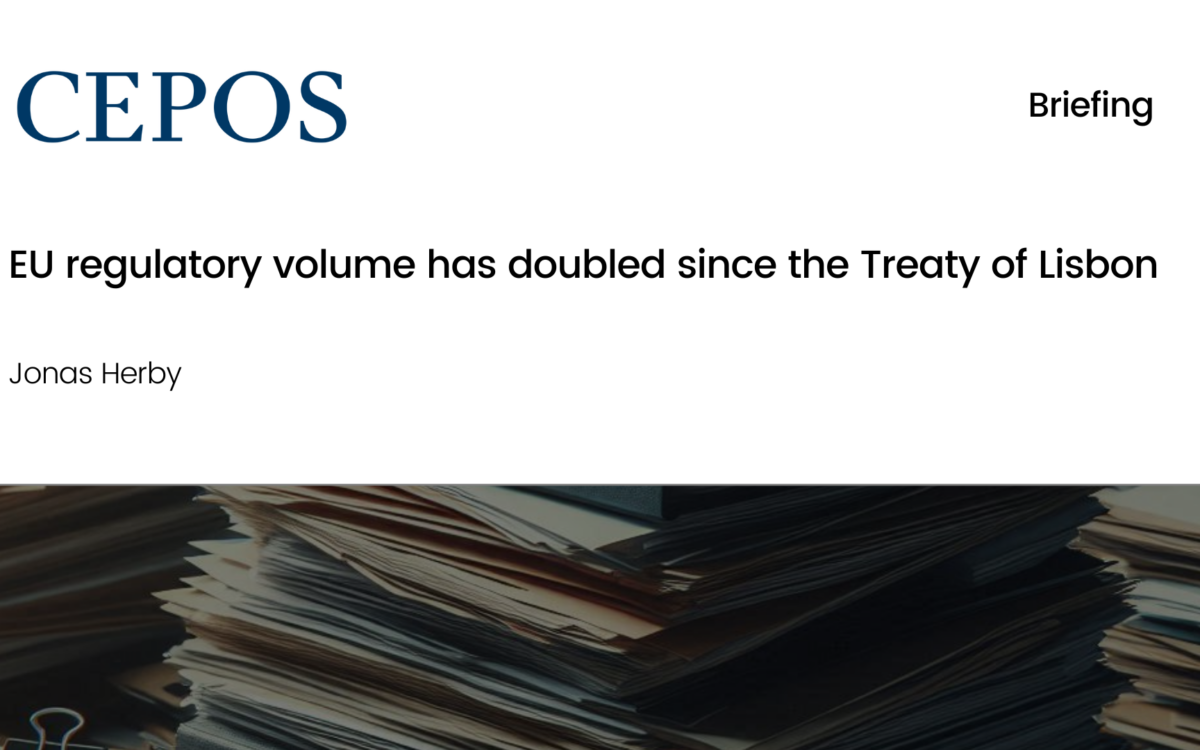Accepting the Scientific Consensus: GMOs in the EU

Accepting the Scientific Consensus: GMOs in the EU
November 2017
The ECJ ruled that Italy had been wrong to ban the cultivation of an EU-approved genetically modified maize. This was a big victory for the plaintiff, an Italian farmer who was denied the right to grow the MON 810 maize.
The ECJ decision has affirmed the necessity for a more scientific debate over genetically modified organisms (GMOs). Due to inconsistent legislation, the EU allows farmers to import millions of tonnes of biotech crops to feed their livestock, but it restricts their ability to grow GMOs in their fields.
Over the years, EU legislation on GMOs has become ever more complex. However, these rules, which are based on questionable precautionary grounds, undermine agricultural innovation; harm consumers and growers alike; and continue to deter farmers in poor countries.
The ECJ ruling has now presented a great opportunity to start recovering an EU-wide rational, science-based approach to the subject. With a strong research community, the EU has the chance to guide the world into a new agricultural era.
Listen to the full INNOV8 panel discussion here.
Download or share this publication
View the PDF
EPICENTER publications and contributions from our member think tanks are designed to promote the discussion of economic issues and the role of markets in solving economic and social problems. As with all EPICENTER publications, the views expressed here are those of the author and not EPICENTER or its member think tanks (which have no corporate view).



